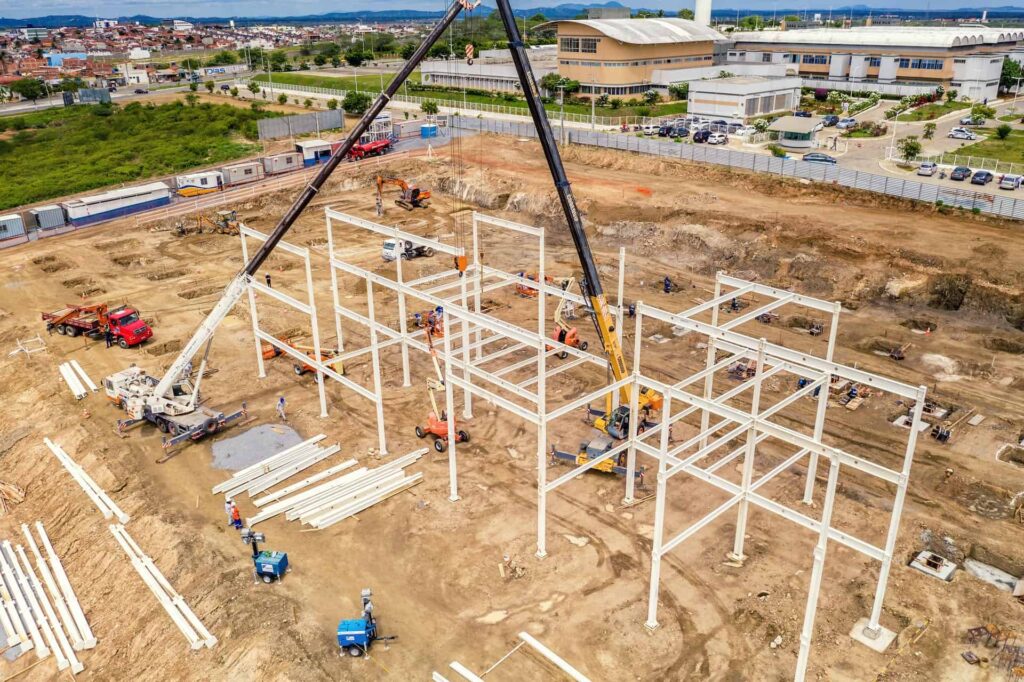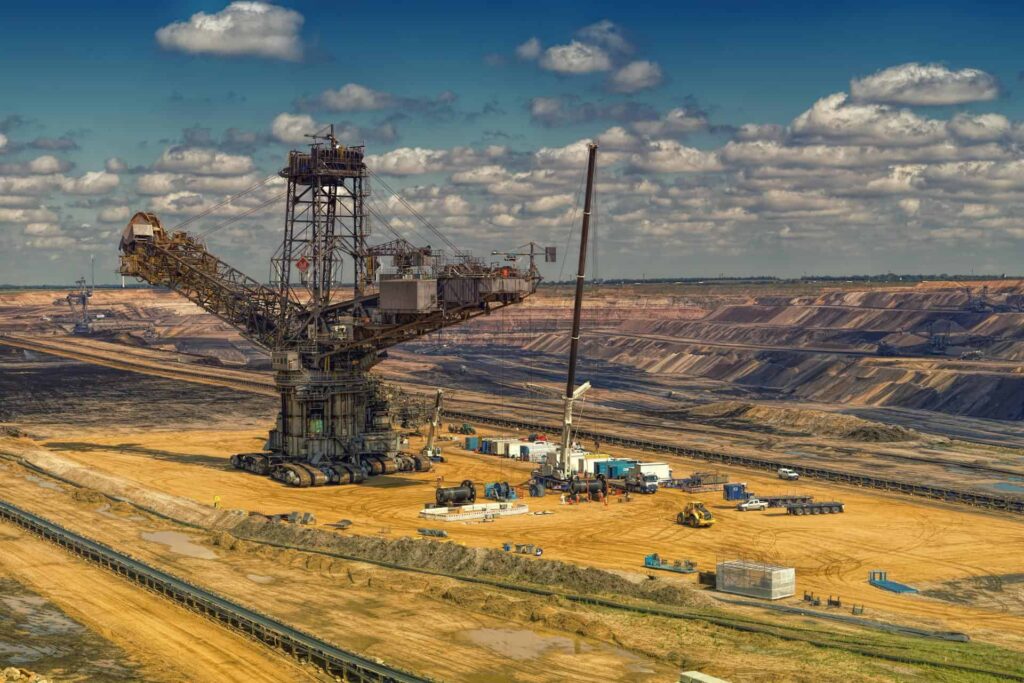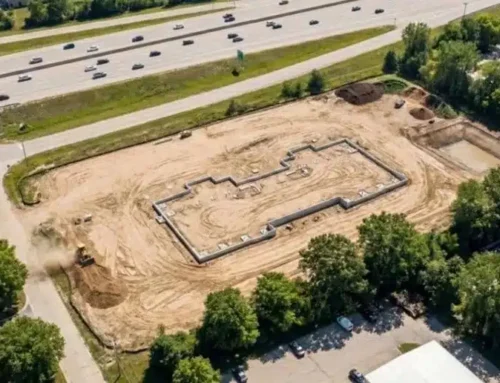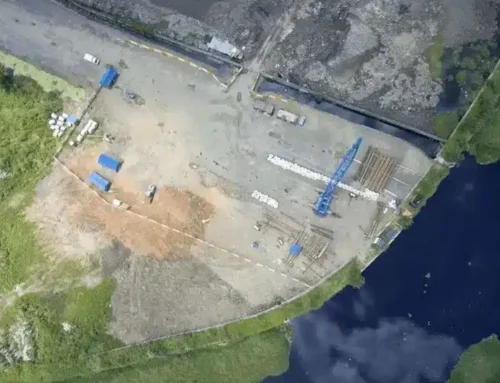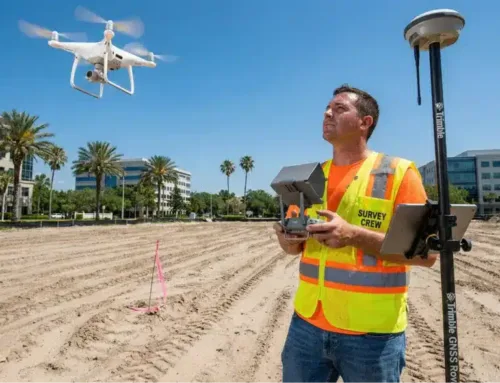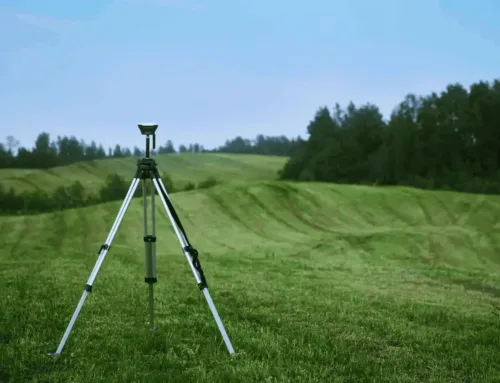Industrial zoning plays a critical role in shaping the landscape of our cities and towns. It’s the invisible blueprint that dictates where industries can operate, ensuring that their impact on the environment and surrounding communities is carefully managed. Grasping the fundamentals of industrial zoning is essential for any business owner or developer planning to engage with the manufacturing, warehousing, or distribution sectors. As these areas are often subject to specific regulations regarding noise, emissions, and building operations, knowing the ins and outs can be the difference between a smooth operation and costly legal hurdles.
Navigating the complexities of industrial zoning doesn’t have to be intimidating. Key considerations include understanding permissible uses, potential restrictions, and the process for seeking variances. Each jurisdiction can have nuanced rules affecting how land can be used and what permits are required. For anyone looking to establish or expand industrial operations, staying informed on these aspects is paramount. Keep reading to arm yourself with knowledge that can streamline your industrial endeavors, ensuring you operate within legal parameters while optimizing your business strategy.
What Is Industrial Zoning?
Industrial zoning is a classification that lays the groundwork for establishing factories, warehouses, and similar facilities within a defined area. This type of zoning is critical for city planning, as it separates areas with heavier and potentially disruptive activities from residential neighborhoods. These zones are designated for activities related to the production, processing, cleaning, repair, storage, and distribution of goods and materials. Each city tailors its industrial zoning laws to fit its economic needs and community goals, ensuring that the industrial sector can thrive without negatively impacting the quality of life for its residents.
Related Link: What Is the Purpose of Zoning?
Understanding Permissible Uses and Restrictions
At the heart of industrial zoning is a list of permissible uses and a corresponding set of restrictions. These guidelines are not arbitrary but carefully devised to maintain a balance between industrial activity and the environment, considering factors like traffic flow, pollution levels, and noise. Industries must operate within these constraints unless they obtain a variance or a special permit, which may be granted if the proposed deviation will not be detrimental to the public interest. This delicate balance ensures that industrial activities contribute to economic growth without compromising the welfare of the community and the environment.
Stepping into the industrial market? Ensure you’re up to code with Millman National Land Services. Contact us to tap into our industrial zoning expertise and secure your venture’s foundation. Act now for top-tier zoning guidance and surveying support.
Navigating Variances and Special Permits
Seeking a variance or special permit can be a complex process, but it’s essential for businesses that may not fit neatly within the established zoning categories. Variances allow for modifications to zoning requirements, and special permits grant conditional approval for uses not typically allowed. Securing either requires a detailed application process, often involving public hearings and stringent scrutiny from zoning boards. Successful navigation of this process hinges on demonstrating that the variance or permit would not alter the neighborhood’s essential character or cause adverse effects on the community.
Impact of Industrial Zoning on Local Development
Industrial zoning can significantly impact local development by attracting businesses and jobs to an area while simultaneously protecting existing neighborhoods from potentially harmful industrial activities. By determining where industries can locate, zoning laws help shape the economic landscape of a region. This influence extends to property values, urban growth patterns, and the overall economic health of a community, underscoring the importance of strategic zoning practices.
Related Link: How To Easily Get A Property Line Survey
Partnering with Millman National Land Services for Zoning Excellence
When embarking on industrial development, the intricacies of zoning can be daunting, necessitating a reliable partner well-versed in the demands of such a complex landscape. Millman National Land Services distinguishes itself as an indispensable ally, offering expansive land surveying and zoning services that cater to the entire United States, with a strong commitment to detail, adherence to regulations, and adaptability to the scale of any project. Licensed across a majority of states and forging connections with surveyors nationwide, Millman possesses the unique capability to manage both substantial, multi-state dealings and singular, localized endeavors. Efficiency is at the core of their operations, organized across five dedicated departments—Production, Research, Project Management, Review, and Revision—aimed at optimizing the pace and organization of your project. Their comprehensive suite of services, including ALTA Land Surveys and zoning compliance reports, is delivered with precision and swiftness, guaranteeing compliance and facilitating your project’s progression. With Millman National Land Services, your industrial zoning needs are met with expertise, thoroughness, and an unrivaled efficiency that ensures your project advances seamlessly from conception to realization.
Is industrial zoning complexity holding you back? Break ground confidently with Millman Land at your side. Engage with our experts today to illuminate your industrial property’s potential and streamline your zoning strategy.
Strategizing Success in Industrial Zoning
Industrial zoning is a vital component of urban planning, creating a framework within which industries can operate efficiently while coexisting with residential and commercial neighbors. Understanding the nuances of light and heavy industrial zoning, navigating the permit process, and staying informed about the specific zoning codes of your city are crucial steps in optimizing your industrial development plans. As you move forward with your project, remember that thorough research and compliance with zoning regulations will facilitate a smoother development process, prevent legal issues, and contribute positively to your community’s growth. Keep these insights in mind to ensure your industrial ventures are not only profitable but also harmonious with the city’s vision and the community’s needs.
Related Link: Building a Commercial Building? Here Is What To Know


